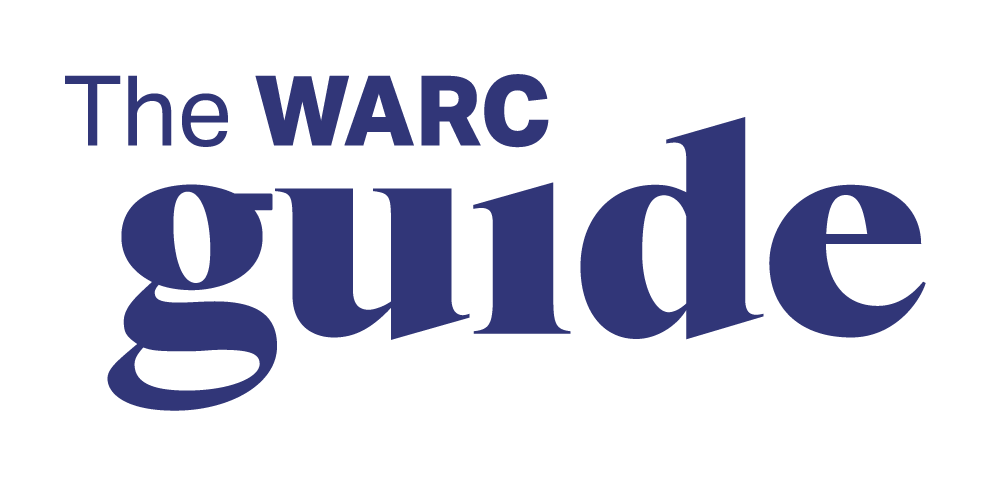The marketing skillset is changing rapidly; by prioritising upskilling, soft skills and implementing continuous learning, brands can develop more effective marketing teams, says a leading specialist in media executive search.
This month, The WARC Guide looks at important structural considerations for brand marketers looking to drive more effective marketing – including the need for marketing departments to remain responsive and agile in a constantly changing digitally-powered world. (Subscribers can read the full report here.)
In Skillsets of the modern marketer: How to create a balanced, effective team, Joanna Reesby, partner and founder of media executive search firm Mission Bay, notes that while the core challenge faced by marketers remains much the same as it ever was – identifying the consumer, reaching them and motivating them to buy – the tools required to manage that have multiplied hugely, thanks to the volume of data now being captured.
“From data mining and analytics to category stratification and segmentation and from touchpoint planning to programmatic, measurement and real-time campaign optimisation, the marketing capabilities required can seem overwhelming.”
It’s also the case that many organisations face “an inter-generational skills imbalance” where younger, digital native employees can be strong on digital skills but light on strategy, while the reverse is true for more experienced employees.
Achieving the right mix of skills in order to be effective, not just today but in the future, is a major issue.
Brand owners need an approach that is forward-looking, flexible and agile, says Reesby. “On top of this, they must think laterally and seek inspirational externally as well as internally.
“Effectively future-proofing the marketing team isn’t about bringing in new team members from other companies or upskilling existing talent, it’s about both.”
She highlights three things done by companies that build great marketing teams:
• They look to recruit from beyond their immediate category.
• They implement continuous learning rather than relying on occasional workshops.
• They build a flexible internal culture that relies on networks rather than hierarchies.
The WARC Guide is a compilation of fresh new research and expert guidance with WARC’s editorial teams in New York, London, Singapore and Shanghai pulling in the best new thinking globally. It also showcases the best on WARC – case studies, best practice and data sourced from across the platform.
Sourced from WARC

